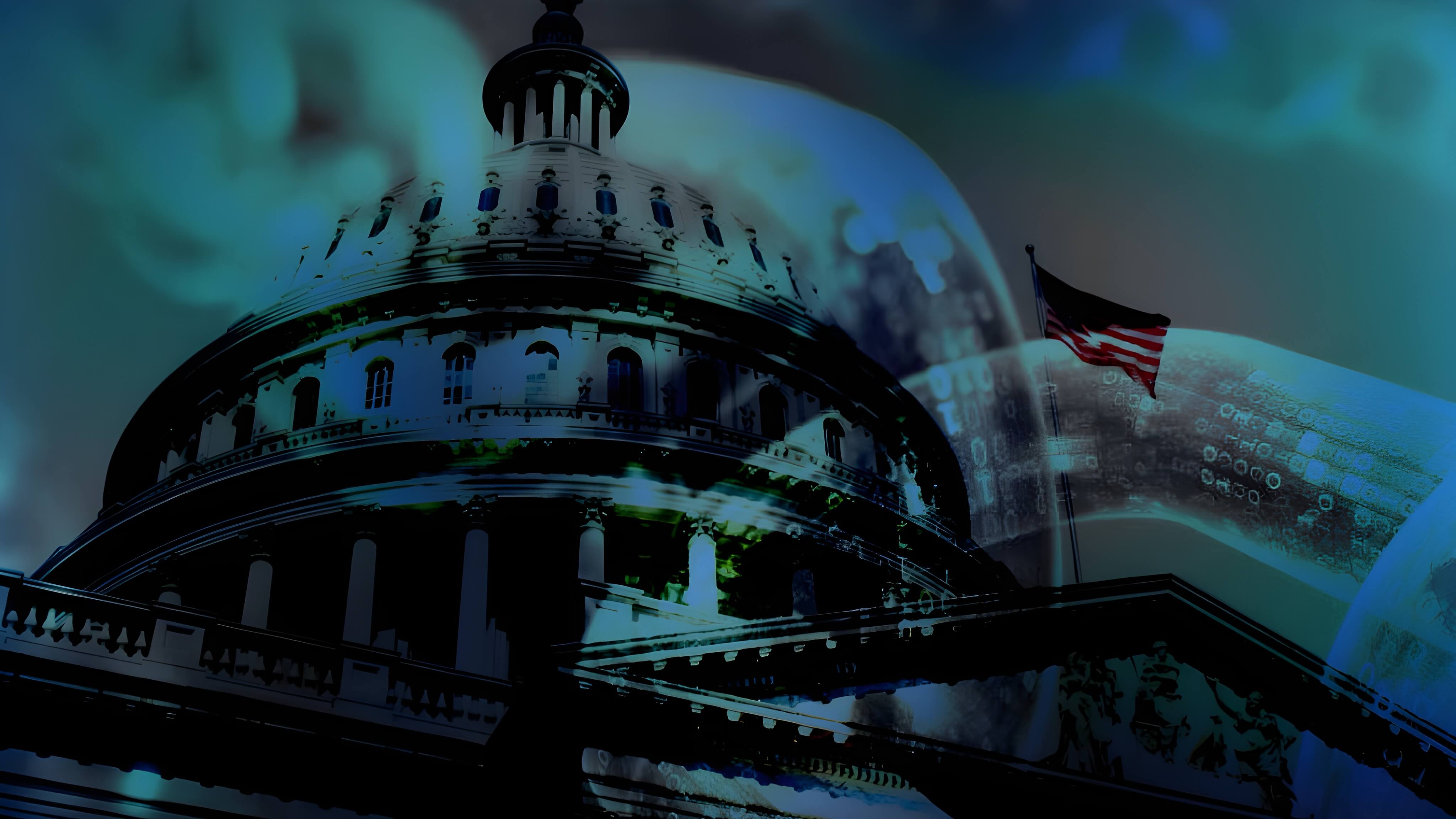Blockchain Transformation of Government Data Dissemination Raises Questions and Opportunities

In a bold move that is sparking debate across the tech and financial worlds, the United States government has launched an initiative to use blockchain technology for the dissemination of vital economic data. This initiative made its debut with the Department of Commerce’s release of the gross domestic product figures, marking an ambitious leap toward immutable and transparent data distribution.
On one side, advocates herald this step as a groundbreaking advancement that solidifies America’s standing in the realm of digital innovation. Secretary of Commerce Howard Lutnick encapsulated this sentiment with his declaration that America is making economic truth immutable and accessible like never before. With the deployment of various blockchain platforms such as Bitcoin, Ethereum, and Solana, the department’s strategy is seen as a powerful commitment to cementing the United States as a global leader in blockchain technology.
Disseminating data across multiple blockchain networks not only enhances transparency but also reinforces trust by reducing the risk of data tampering. The inclusion of major exchanges and oracles like Chainlink and Pyth further demonstrates the integration of collaborative efforts from key industry players.
However, this innovative approach is not without its skeptics and pitfalls. Critics argue that the move to leverage blockchains for government data introduces unnecessary complexity without addressing pressing issues related to data security and privacy. Questions arise regarding the decentralization of such critical information and whether the current infrastructure is equipped to handle the potential ramifications of this shift. Concerns also linger about the sheer number of blockchains involved, which could lead to confusion and inconsistencies if not managed properly.
Moreover, while the administration attributes this milestone to the crypto-friendly policies of past leadership, some analysts warn against conflating a technological strategy with political legacy. The rollout calls into question whether the burgeoning blockchain sector should be subject to more rigorous oversight to safeguard against any unintended consequences of this technological evolution.
The use of blockchains to deliver economic data is a beacon that both illuminates potential pathways towards greater transparency and casts shadows of doubt regarding logistics and governance. As the Commerce Department pledges to expand this approach to other key datasets, the world watches closely. The impact of this move could shape the future of technology’s role in governance, prompting nations around the globe to reconsider their own methodologies in the digital age.

